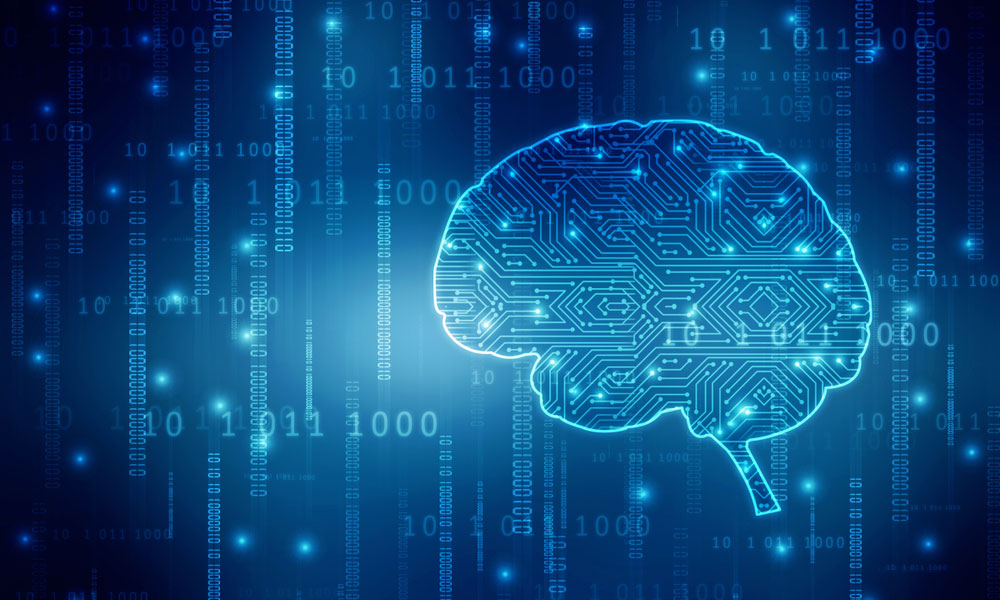- Home
- The Integration of Machine Learning in Software Development: Revolutionizing the Future
The Integration of Machine Learning in Software Development: Revolutionizing the Future
In recent years, machine learning (ML) integration in software development has transformed how we build and deploy applications. ML algorithms can learn from data, make predictions, and automate complex tasks, enabling software to become more intelligent and adaptive.
This blog post explores the remarkable impact of ML in software development, discussing its benefits, challenges, and potential future advancements.
Enhancing User Experience
One of the primary advantages of integrating ML in software development is enhancing user experience. ML algorithms can analyze user behavior, preferences, and patterns to provide personalized recommendations, targeted advertisements, and tailored content. This enables developers to create applications that adapt to individual users, improving engagement and customer satisfaction.
For example, ML algorithms can power intelligent chatbots that offer personalized customer support or recommendation systems that suggest relevant products or services based on user preferences.
Automation and Efficiency
ML algorithms excel at automating repetitive tasks and complex decision-making processes, reducing human effort and improving efficiency. By leveraging ML techniques, software developers can automate data analysis, error detection, and code generation.
For instance, ML-powered automated testing can identify potential bugs and vulnerabilities, ensuring higher software quality. Additionally, ML can be used for automated code refactoring, enhancing the performance and maintainability of software systems.
Predictive Analytics and Insights
ML enables software to harness the power of predictive analytics, enabling businesses to make informed decisions and gain valuable insights. By analyzing large volumes of data, ML algorithms can identify trends, patterns, and correlations that might be difficult for humans to detect.
Software systems integrated with ML can predict customer behavior, market trends, and even potential risks. This empowers organizations to optimize their strategies, improve operational efficiency, and make data-driven decisions.
Challenges and Ethical Considerations
While integrating ML in software development offers immense potential, it comes with challenges and ethical considerations. ML algorithms require substantial amounts of high-quality data to train effectively, and obtaining such data can be time-consuming and resource-intensive.
Additionally, biases in the training data can lead to biased predictions or discriminatory outcomes, highlighting the importance of ensuring fairness and transparency in ML models.
Furthermore, privacy concerns arise when dealing with user data for training ML algorithms. Developers must prioritize data protection and implement robust security measures to safeguard sensitive information.
Besides, the accountability of ML systems raises concerns as autonomous software decisions can have significant real-world impact. Ensuring transparency and explainability in ML models becomes crucial to building trust with users and stakeholders.
Future Advancements and Opportunities
The integration of ML in software development is still in its early stages, with exciting opportunities for future advancements. Continued research and development in deep learning, natural language processing, and reinforcement learning hold the promise of even more powerful and intelligent software systems.
As ML becomes more accessible, developers will have greater opportunities to create innovative applications that can revolutionize various industries, including healthcare, finance, and transportation.
Conclusion
The integration of machine learning in software development has ushered in a new era of intelligent and adaptive applications. ML algorithms have the potential to enhance user experience, automate tasks, provide valuable insights, and drive informed decision-making.
However, challenges such as data quality, biases, privacy concerns, and accountability must be addressed to ensure the responsible and ethical deployment of ML in software systems. As we move forward, the continued exploration of ML techniques and advancements offers an exciting future where software becomes even more intelligent, transforming industries and improving lives.



.png)

What other's say about : How ThePhone thriller..